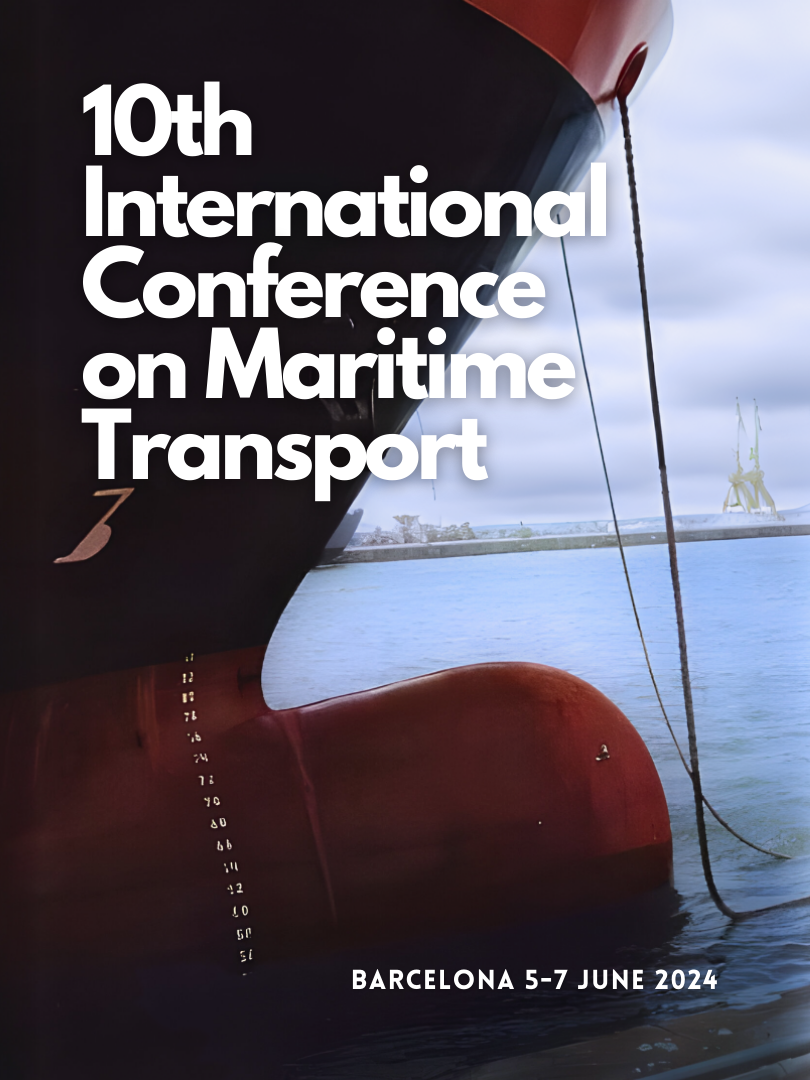PERFORMANCE EVALUATION FROM THE INFRASTRUCTURE PERSPECTIVE IN PORTS AND CONTAINER TERMINALS
DOI:
https://doi.org/10.5821/mt.13174Keywords:
Port Infrastructure, Containerized Cargo, Performance Evaluation, Logistics Efficiency, Maritime Adaptation, Port Infrastructure VariablesAbstract
The increasing global demand for maritime transportation and the significant rise in vessel sizes present an urgent challenge for port infrastructure. The emergence of larger vessels, driven by the pursuit of efficiency and cost reduction, underscores the pressing need for adaptation and modernization of ports to accommodate these new classes of ships. This scenario poses a challenge to port managers and government authorities to rethink and adjust their operational strategies, considering not only the physical capacity of terminals but also the efficiency and flexibility required to address the growing logistical complexity. In this context, it is identified the need to fill an existing gap, the understanding of the impact of infrastructure-related variables on the performance evaluation of ports and containerized cargo terminals.
The focus is on immediate adaptation and preparing ports for future challenges in containerized cargo movement. The guiding research question is: "How do infrastructure-related variables influence the performance of these facilities?" The overarching objective is to analyse and identify critical variables in the infrastructure dimension affecting performance, with the aim of highlighting opportunities for improvement in efficiency and competitiveness in containerized cargo movement.
The research confines its scope to the internal areas of ports, emphasizing facilities and processes related to infrastructure and superstructure. Variables such as storage capacity, physical arrangement, number of berths, STS cranes, as well as the use of automation technologies in container handling are considered. The analysis also encompasses specific investments in this dimension.
The study's justification underscores the importance of raising awareness among port authorities and the Brazilian government regarding the need to optimize port operations. Efficiency in containerized cargo movement is crucial for global competitiveness, and understanding infrastructure variables will empower port managers to make informed decisions. The study aims to drive operational efficiency and prepare Brazilian ports to tackle emerging challenges in the sector.













